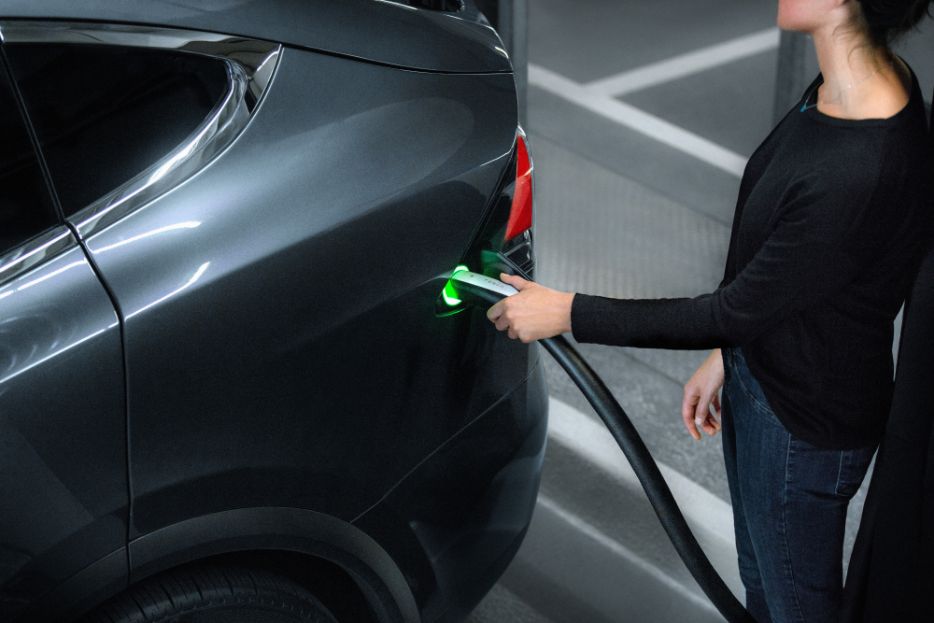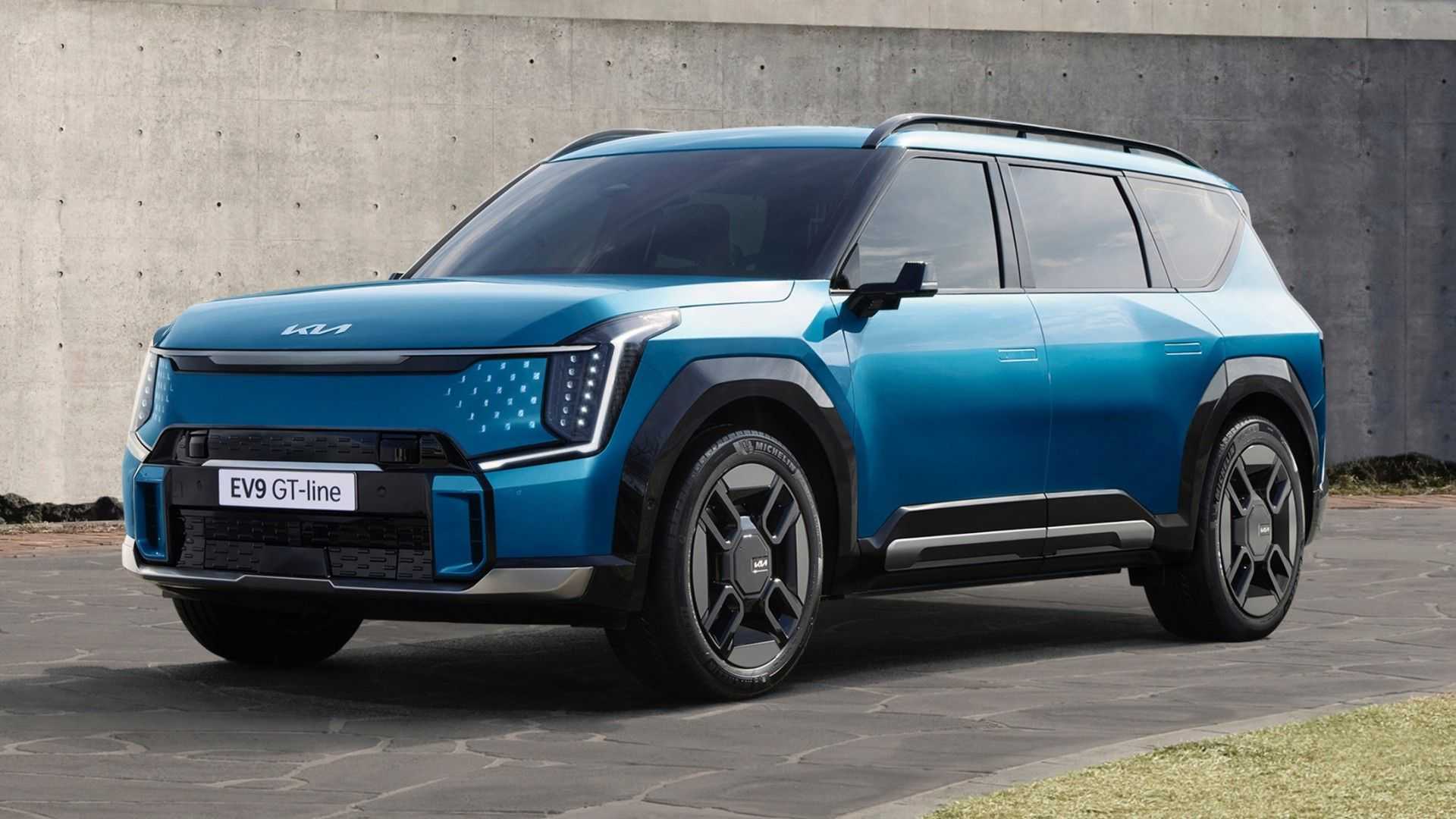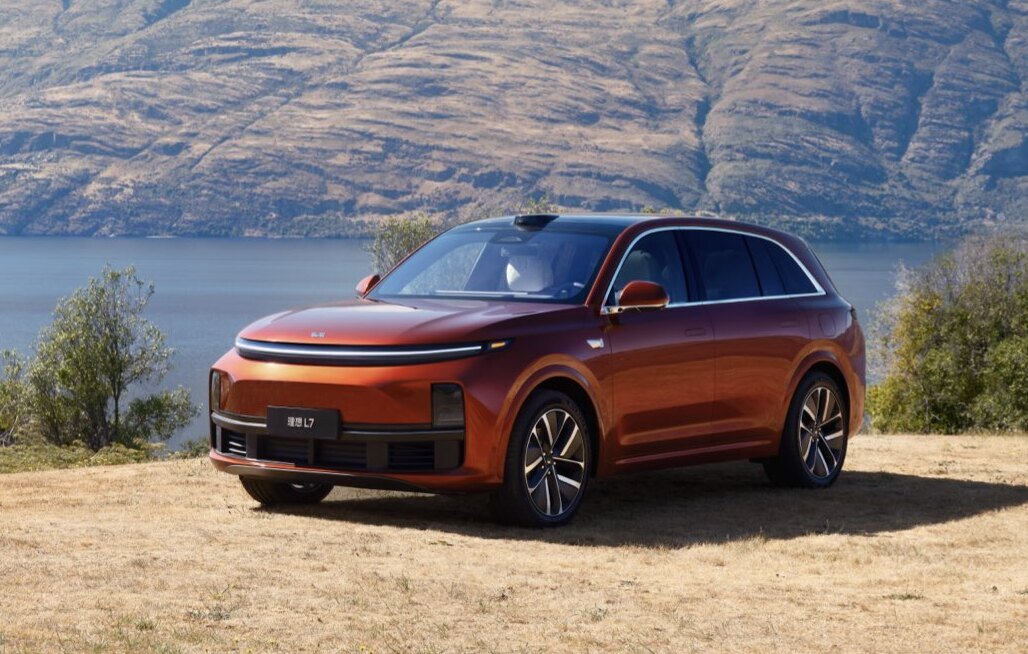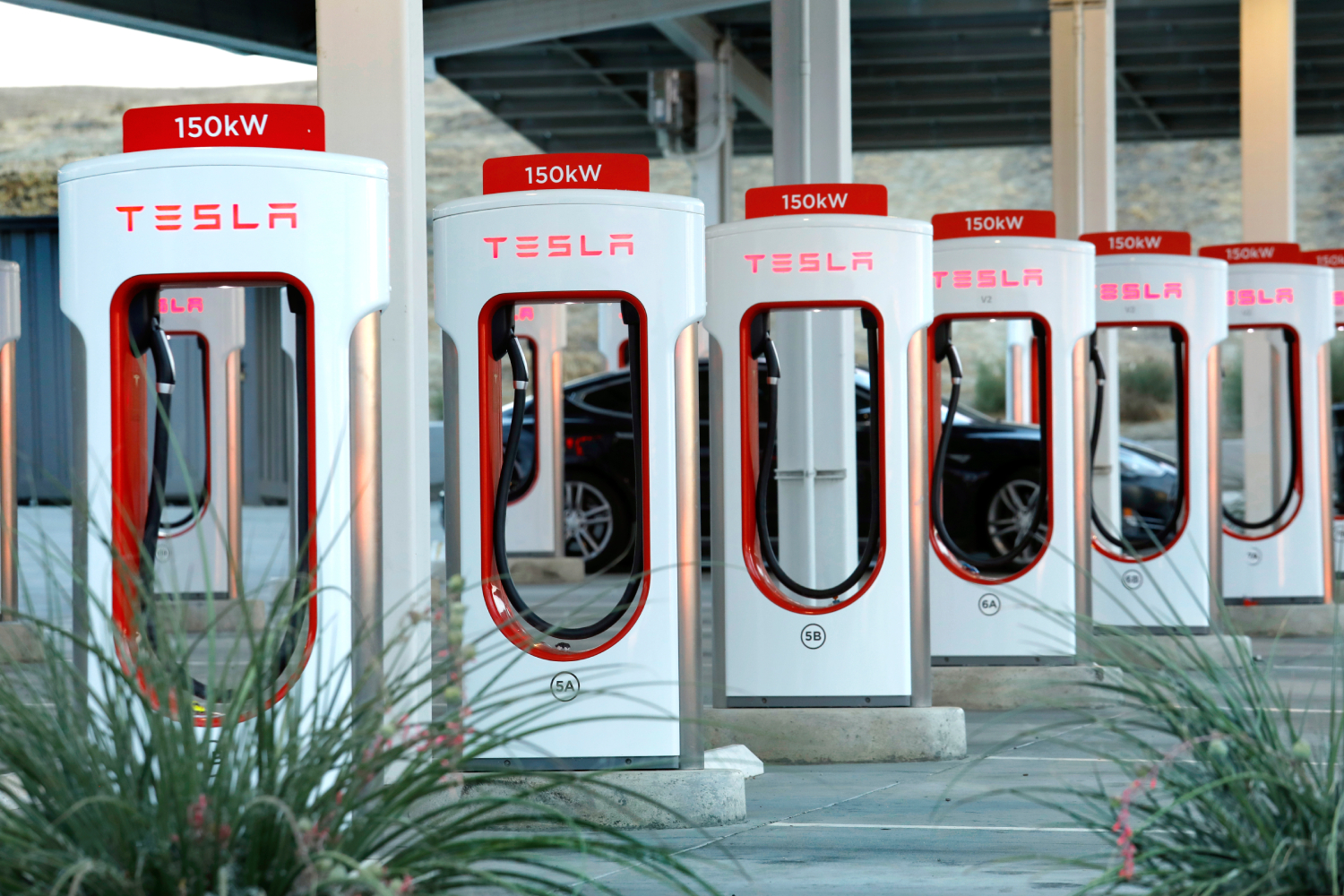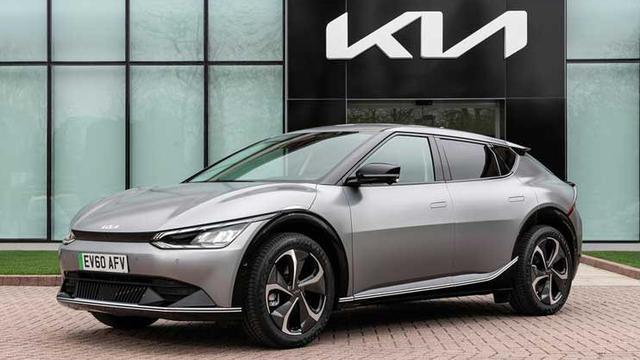The electric vehicle (EV) market in the United States is experiencing a significant surge in sales, with January 2023 data indicating that EVs accounted for 7.1 percent of the new car market share. This trend has continued into the first quarter of the year, with manufacturers such as Tesla, Ford, and Volkswagen witnessing remarkable year-over-year growth.
Despite the promising sales figures, a recent study conducted by Ipsos, a multinational market research agency, suggests that consumer sentiment toward EVs may be declining. Ipsos, which has been studying consumer interest in electric cars since 2019, found that, for the first time, consumer consideration has dropped.
According to Ipsos’ study, the percentage of consumers considering a Battery Electric Vehicle (BEV) as their next purchase is as follows:
- 2019: 27%
- 2020: 30%
- 2021: 36%
- 2022: 49%
- 2023: 48%
While the decline in percentage is not substantial, it represents a departure from the previous trend of increasing interest. The researchers at Ipsos attributed this reduction to a few key factors. Firstly, the driving range and battery life of EVs still do not match those of traditional internal combustion engine (ICE) vehicles. Secondly, the charging experience, including time and reliability, falls short of the expectations of potential buyers. Finally, concerns about the costs associated with owning a BEV make it challenging for potential buyers to commit to a purchase.
However, it is important to note that some of these concerns are based on false assumptions. While there are valid issues regarding charging infrastructure, especially for non-Tesla EVs, worries about ownership costs, which rank among the top five reasons for reduced consideration, have little basis.
Contrary to the prevailing misconception, owning a BEV is not more expensive than owning an ICE vehicle. Only 35% of buyers agree that BEVs have lower ownership costs compared to ICE vehicles. However, this figure increases to 55% among those considering purchasing a BEV. In reality, according to AAA’s annual cost of ownership report, the average cost of maintaining a BEV is $9,048 per year, which is lower than the industry average of $10,728. Without accurate information from dealerships, potential buyers may mistakenly believe that switching to BEVs entails higher upfront and ongoing costs.
As an example of affordable options, the Tesla Model 3, readily available on the market, starts at $38,030 for in-inventory examples. After factoring in the federal tax credit, the effective price of the Model 3 could drop to $30,530. Additionally, various state incentives can further reduce the cost, making the Model 3 an option for buyers seeking a sub-$30,000 car. When considering the savings on maintenance and gasoline expenses, even more premium EVs can compete with entry-level sedans from brands like Toyota, Hyundai, and Kia in terms of pricing.
While consumer sentiment towards EVs may have dipped slightly, the overall growth in electric car sales indicates a positive trajectory for the industry. Addressing concerns related to driving range, charging infrastructure, and ownership costs through education and accurate information dissemination will be crucial in further boosting consumer confidence in electric vehicles.


